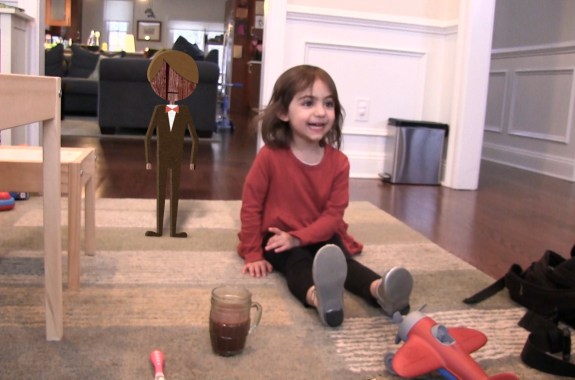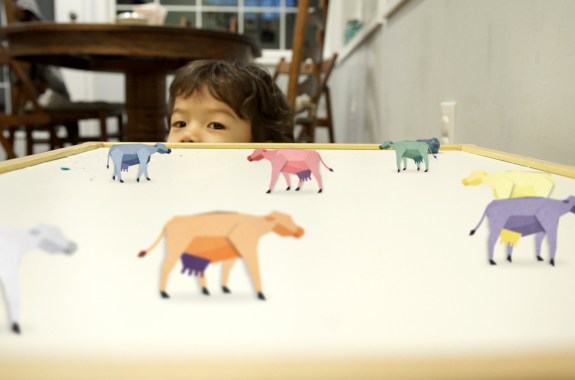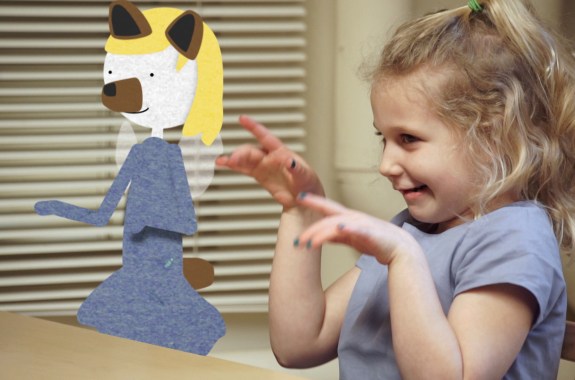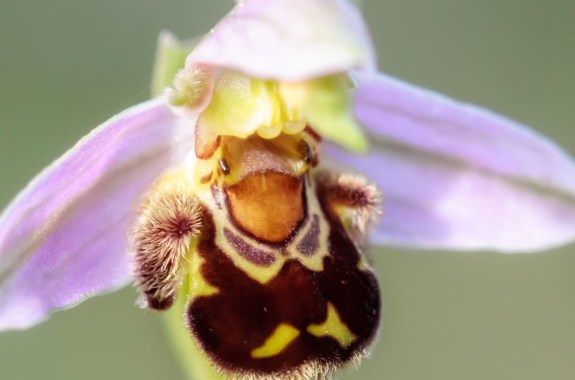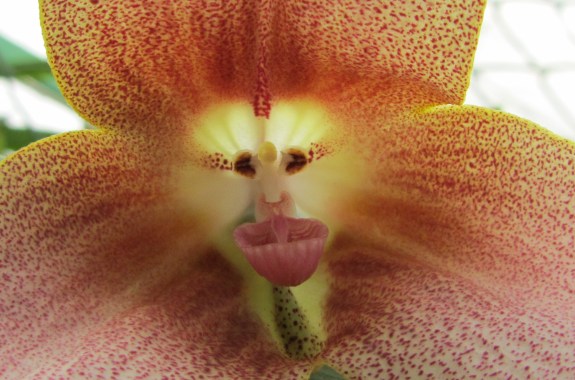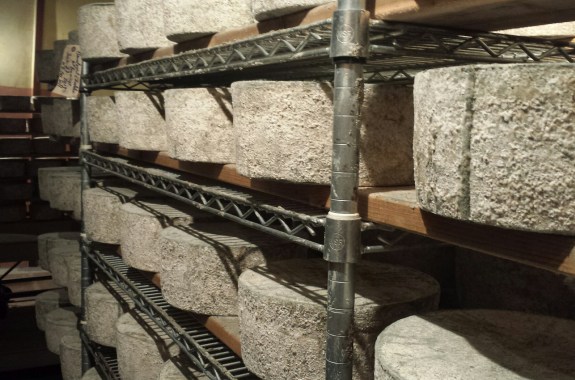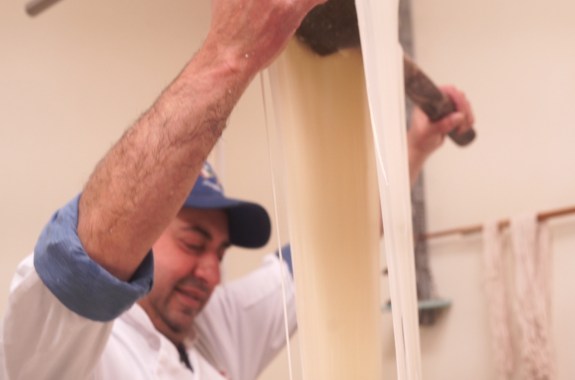As Science Friday’s video producer, Luke is tasked with writing, filming, directing, editing, animating, narrating, and promoting many of the short films you’ll find on this here website. Every other week, he becomes obsessed with the research he films until his video is complete or his colleagues show him a shiny new study to play with. Luke also wrangles a stable of equally enthusiastic freelance filmmakers, helping them to produce and promote their own stories.
Prior to being domesticated by Science Friday, Luke worked at the Wildlife Conservation Society, where he profiled a wide cast of characters, both two- and four-legged. The experience provided hands-on training in storytelling, as well as some invaluable lessons in wildlife filmmaking, such as “Lemurs enjoy scent marking. Everything.” And, “Never let a baby walrus sit on you.”
Despite his snobby film school education at SUNY Purchase and his devotion to Werner Herzog, his favorite film remains The Bear. He doesn’t care that it is a “kiddie film” that anthropomorphizes animals—he cries every time and isn’t ashamed of it.
8:51
What Imaginary Companions Tell Us About Our Kids
Imaginary companions help kids develop a “theory of mind,” says psychologist Tracy Gleason. And those make-believe friends give parents a window into their child’s world.
Dive Into the World of Imaginary Friends
What may seem like whimsical creations are much more than child’s play.
The Real Guide to Imaginary Companions: Episode 1
Developmental psychologist have pieced together an unexpectedly diverse and nuanced profile of the children who create imaginary companions, while finding out how and why they create them.
The Real Guide to Imaginary Companions: Episode 3
Research by psychologists has revealed that imaginary companions can provide glimpses into the development of critical creative, social, and cognitive skills of children.
The Real Guide To Imaginary Companions: Episode 2
A trip into the lab of developmental psychologist Jacqueline Woolley reveals how children can become so enamored with their pretend friends, that they blur the lines between real and fantasy.
17:13
Orchids: Masters Of Deception
Orchids use mimicry, fraud, and deception to attract pollinators, fascinating home gardeners in the process.
Sex, Lies, And Orchids
With their pungent aromas and vibrant blooms, orchids lure insects, green-thumbs, and romantics alike.
24:11
The Perfect Cheese Pairing? Science
Cheese is the subject of a special SciFri investigation this week and next, including tales of the “maestro of mozzarella” and the aging tricks of a Wisconsin cheddarmaker.
The Maestro of Mozzarella
With 30 years of experience, Orazio Carciotto has learned that mastering the flavor and texture of this silky smooth cheese requires a deft (and burn-resistant) hand and a mastery of milk curd chemistry.
6:36
Behind the Bouba-Kiki Effect
In study after study, 90 percent of people agree: A pointy shape is named “Kiki” and a rounded shape is “Bouba.”
